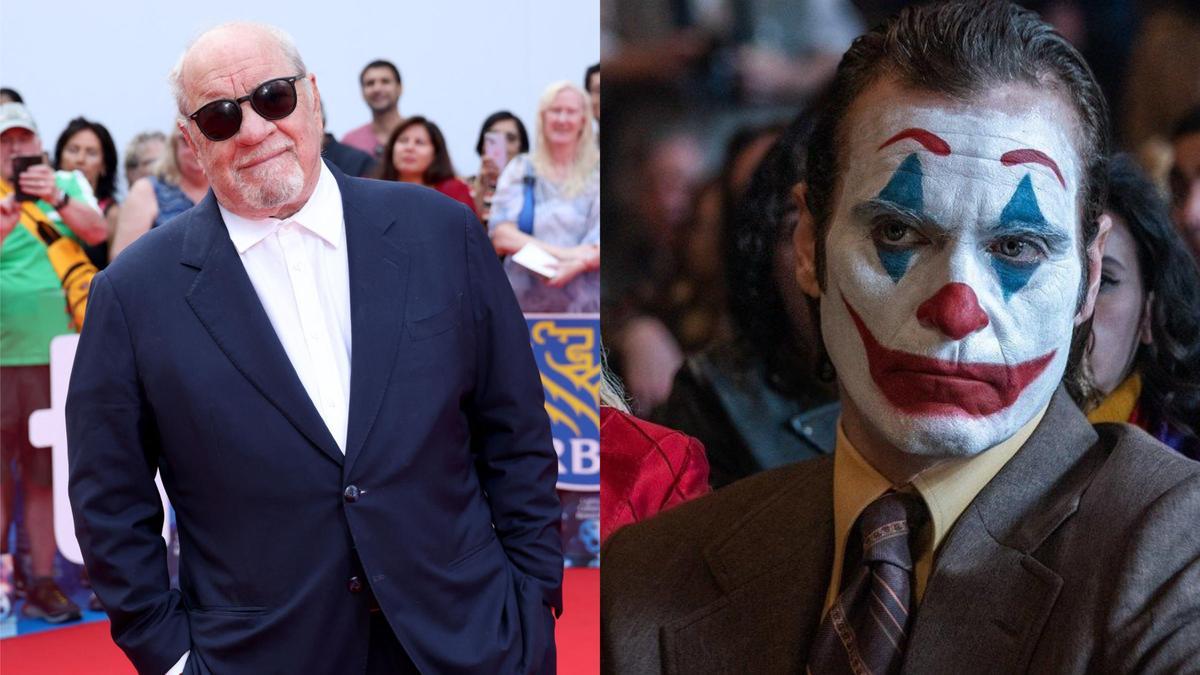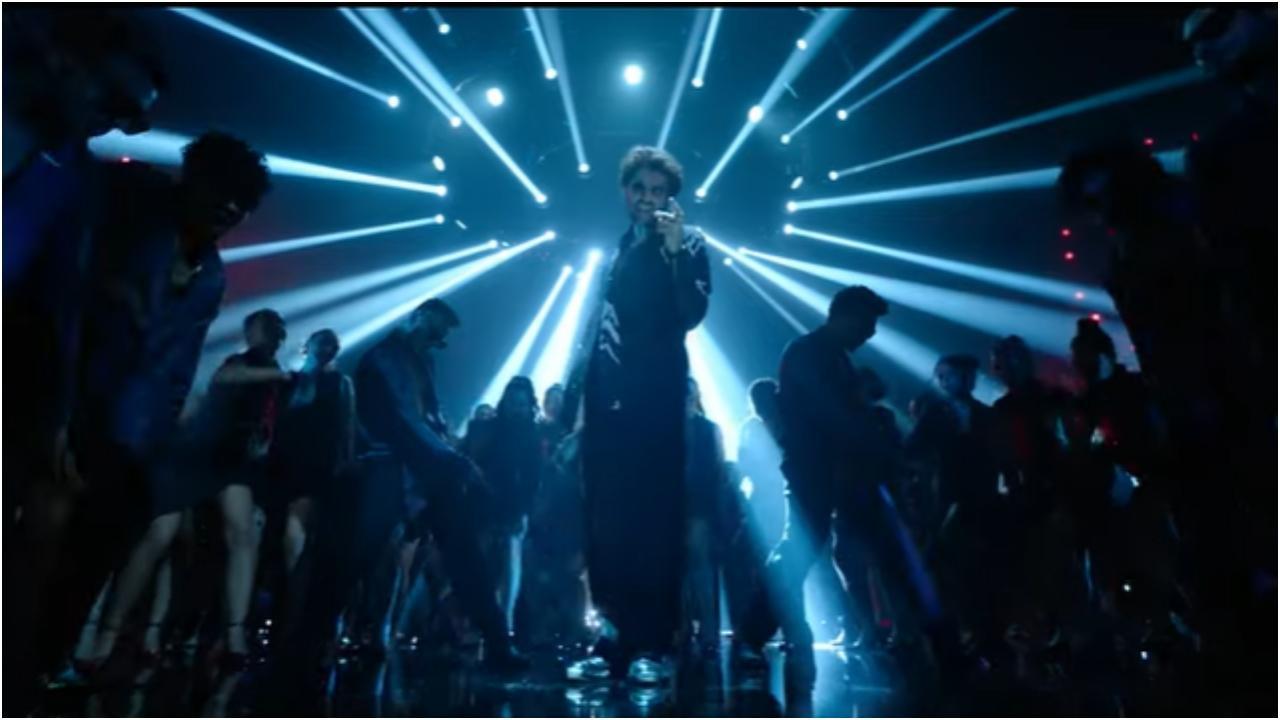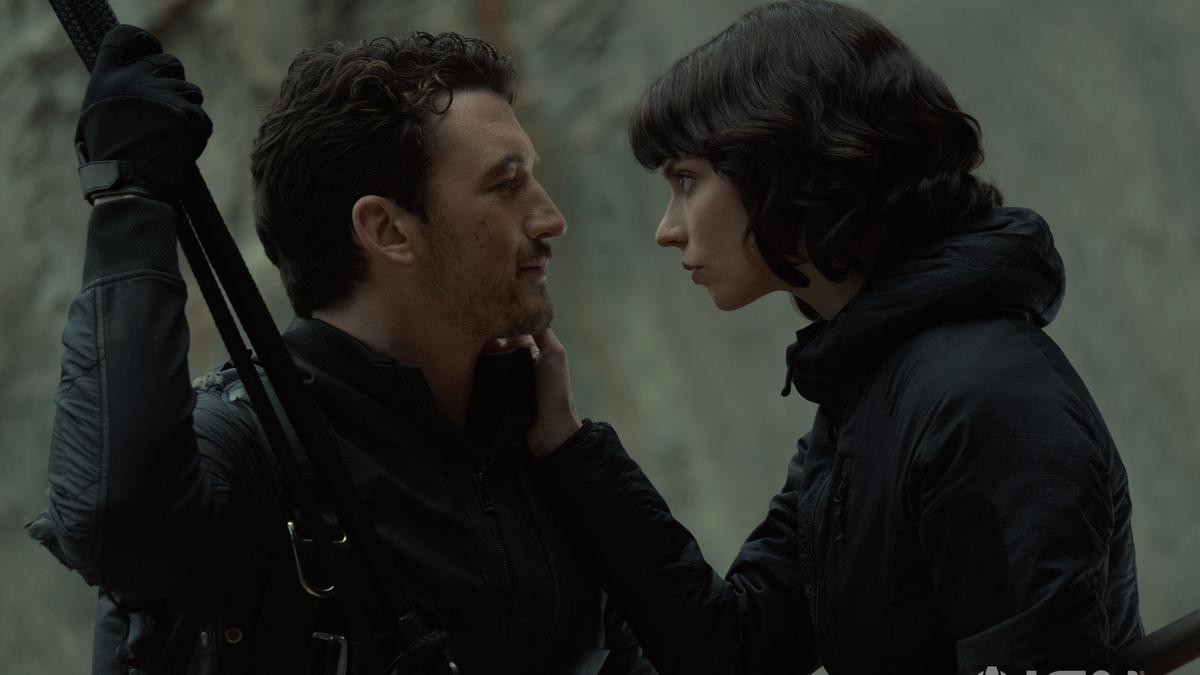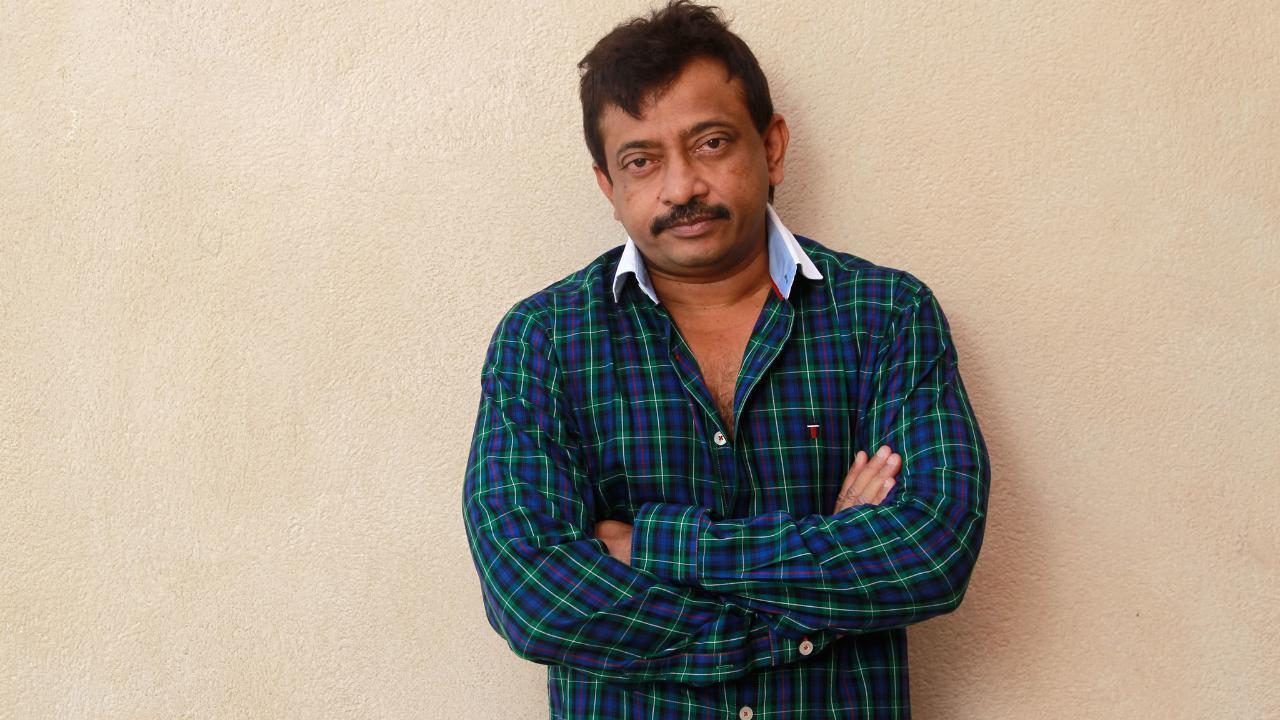
Esteemed Hollywood writer-director Paul Schrader, known for his influential work in the film industry, recently shared his unfiltered thoughts on the newest installation in the Joker franchise, ‘Joker: Folie à Deux’. Despite the anticipation surrounding the sequel, Schrader revealed he found the film so unsatisfactory that he could only endure watching it for about 20 minutes. His candid critique highlights a significant gap between the sequel’s execution and audience expectations, drawing attention to potential factors behind the film’s underperformance.
The original ‘Joker’, directed by Todd Phillips and released in 2019, was a monumental success, earning over USD 1 billion at the global box office and securing an Oscar for lead actor Joaquin Phoenix. Naturally, its sequel, starring Phoenix alongside pop icon Lady Gaga, came with considerable buzz and high hopes. However, these hopes seemingly crashed as the film garnered negative reviews after its premiere at the Venice Film Festival and went on to achieve a disappointingly low USD 37 million in box office sales.
In an interview with Jeremy O Harris for Interview magazine, Paul Schrader, whose own work includes penning the screenplay for ‘Taxi Driver’—a film that reportedly served as a key inspiration for the original ‘Joker’—did not hold back his criticism. When asked about recent films he had seen, Schrader said, “I see who’s coming up. I go to the multiplex. I saw ‘Joker: Folie à Deux’. I saw about 10 or 15 minutes of it. I left, bought something, came back, saw another 10 minutes. That was enough.” His remarks suggest a strong dissatisfaction not only with the film’s artistic direction but potentially with its impact on the cinematic landscape he has helped shape.
Schrader further explained his disdain for the sequel, labeling it a “really bad musical” in response to Harris’s comment about his love for musicals. When pressed on what specifically made the film so distasteful for him, Schrader frankly stated, “I don’t like either of those people.
. I don’t like them as actors. I don’t like them as characters. I don’t like the whole thing. I mean, those are people who, if they came to your house, you’d slip out the back door.” Such an emphatic response underscores Schrader’s belief that the film’s core elements—its characters and leading stars—failed to resonate.
The lukewarm reception to ‘Joker: Folie à Deux’ has been a turning point in what once seemed like a promising continuation of an acclaimed first film. Given the unexpected backlash and financial losses calculated to range between USD 150 million to USD 200 million, according to Variety, the film’s lackluster performance marks a stark contrast to its predecessor’s achievements. Industry analysts have pointed to various factors, including audience fatigue with superhero narratives, potential misalignment with public taste, and maybe even the tonal shift towards a musical format that may have alienated some fans.
Conversations around the film bring into focus the challenges faced by follow-ups to successful franchises. ‘Joker: Folie à Deux’ serves as a reminder of the volatility in audience perception and the intricate balance filmmakers must maintain between innovation and expectations.
Despite Schrader’s harsh critique, it remains important to consider ‘Joker: Folie à Deux’ as part of an ongoing dialogue about the evolving nature of superhero films and the creative risks involved in redefining genre boundaries. While the film may not have lived up to its anticipated success in every viewer’s eyes, such endeavors highlight the complexities of narrative storytelling in cinema today.
As discussions around ‘Joker: Folie à Deux’ continue, Schrader’s remarks may invite other creators and critics alike to reflect on the broader implications of film as both entertainment and art. Whether the film eventually finds a niche audience or inspires new interpretations remains to be seen. Meanwhile, Schrader’s blunt assessment contributes to an ongoing conversation about the highs and lows of Hollywood adaptations and the ever-changing taste of global audiences.










